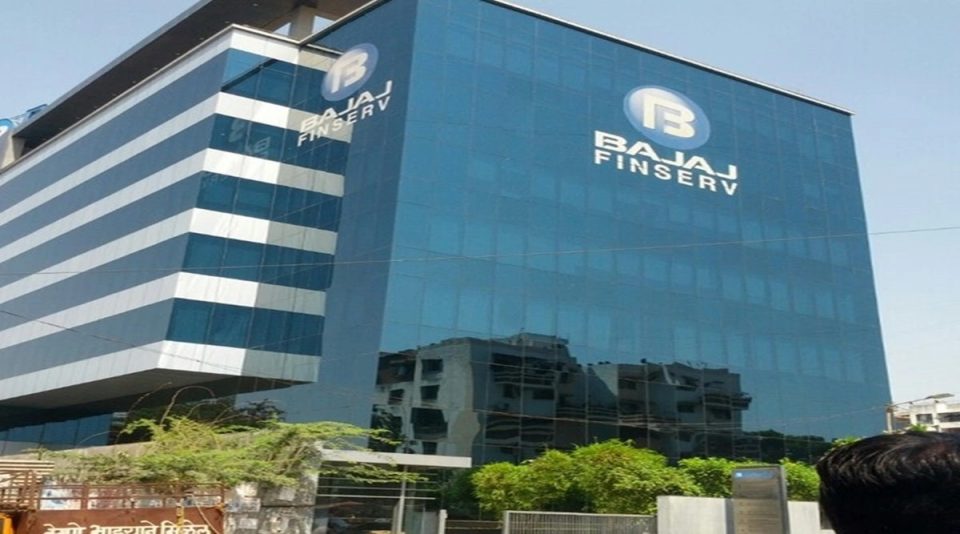Bajaj Finance Ltd, a non-banking financial company (NBFC) focused on consumer credit, has underperformed the benchmark Sensex and Nifty indices in 2022 for the first time in 14 years. The company has, at times, been an investor favourite despite high valuations.
The Sensex and Nifty are up nearly 6% this year, but shares of Bajaj Finance are down 4.8%, the first underperformance since 2008. It was also the first negative annual return since 2011.
Known for its rapidly growing asset book, Bajaj Finance has been a generalist for investors. Its assets under management (AUM) increased an average of 30% over three years before dropping precipitously to around 4% in FY21 when the pandemic hit. The company delivered solid growth in FY22 despite covid-19 disrupting consumer spending and, thus, consumer lending.
Another factor that justifies Bajaj Finance’s overvalued valuation is its superior asset quality. Non-performing loans account for less than 5% of their loan book in most cases. Lenders have been keeping the pressure in check despite the massive restructuring of their loan books caused by the pandemic.
It is worth noting that Bajaj Finance is considered a superior investment as compared to banks. As a result, lenders have assigned a sizeable valuation premium to banks such as HDFC Bank, IndusInd Bank and ICICI Bank.
However, with banks now in the spotlight due to earnings growth and a strong outlook over the past few quarters, the attractiveness of the valuation gap for non-bank lenders has diminished.
That said, Indians are wary of borrowing for consumption, despite the recent surge in unsecured consumer lending again. According to analysts, lower discretionary spending in FY23 and a shift in the interest rate cycle cast a shadow over the bank’s growth. Also, banks have become aggressive in the unsecured lending space, which could weigh on Bajaj Finance, given its funding strength.
The entry of another heavyweight, Reliance Industries, into financial services via Jio Financial Services Ltd also threatens incumbents, especially consumer lenders such as Bajaj Finance.
Intense competition, especially in the consumer B2B and B2C segments, will put pressure on Bajaj Finance’s profitability in the medium term. Private banks specialise in “buy now, pay later” financing. According to a recent report by Kotak Institutional Equities, their shift in focus to personal loans will also weigh on yields on B2C books.
All of this explains why Bajaj Finance shares have had a flat year. Bajaj Finance’s share price is currently trading around Rs 6,620 per share after hitting an all-time high of Rs 7,929 per share in October 2021. This puts it at 6.08 times the estimated FY24 book value, compared with 2.83 times for HDFC Bank and 2.88 times for ICICI Bank.
 Live
Live

